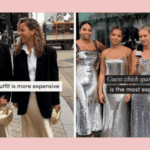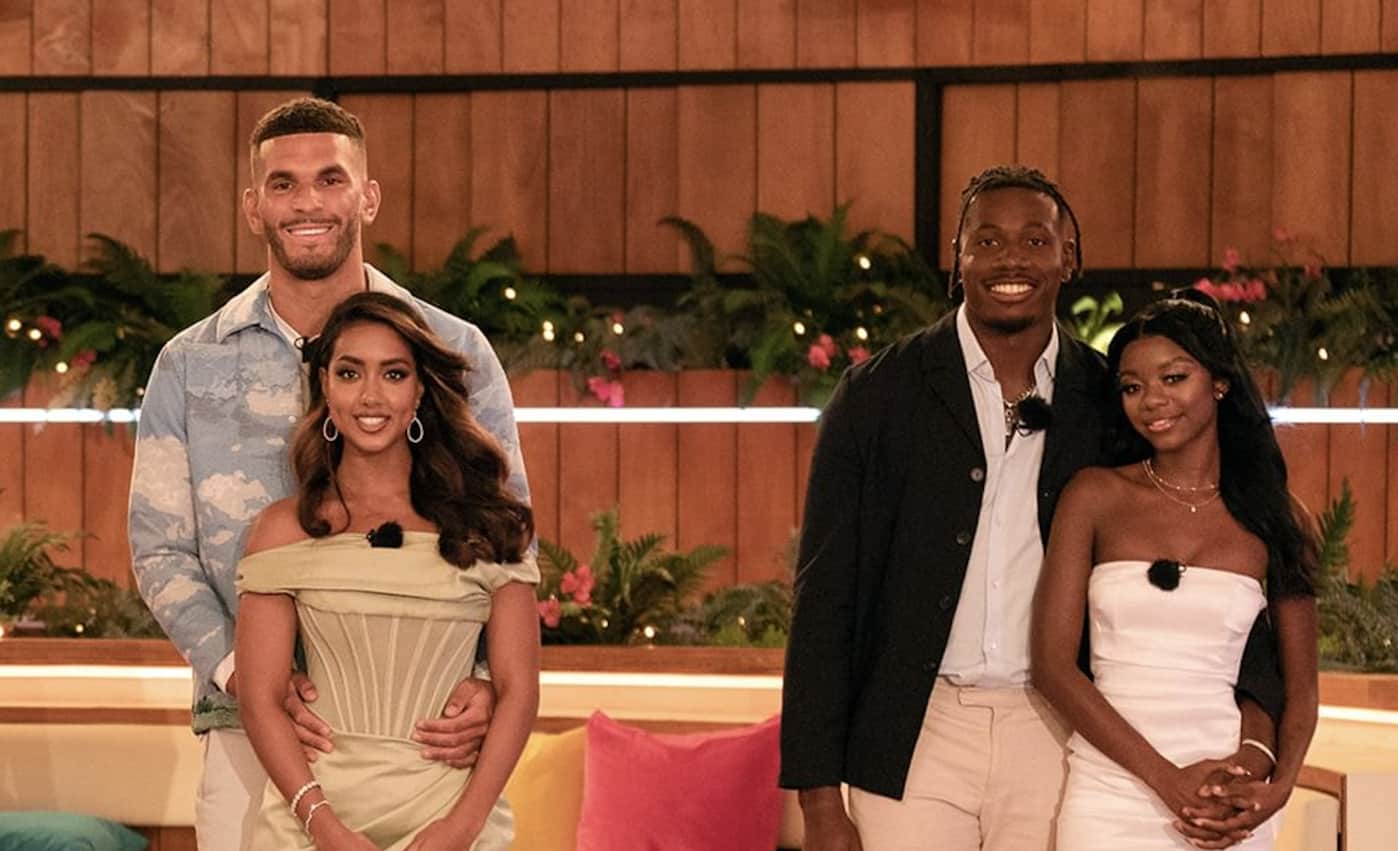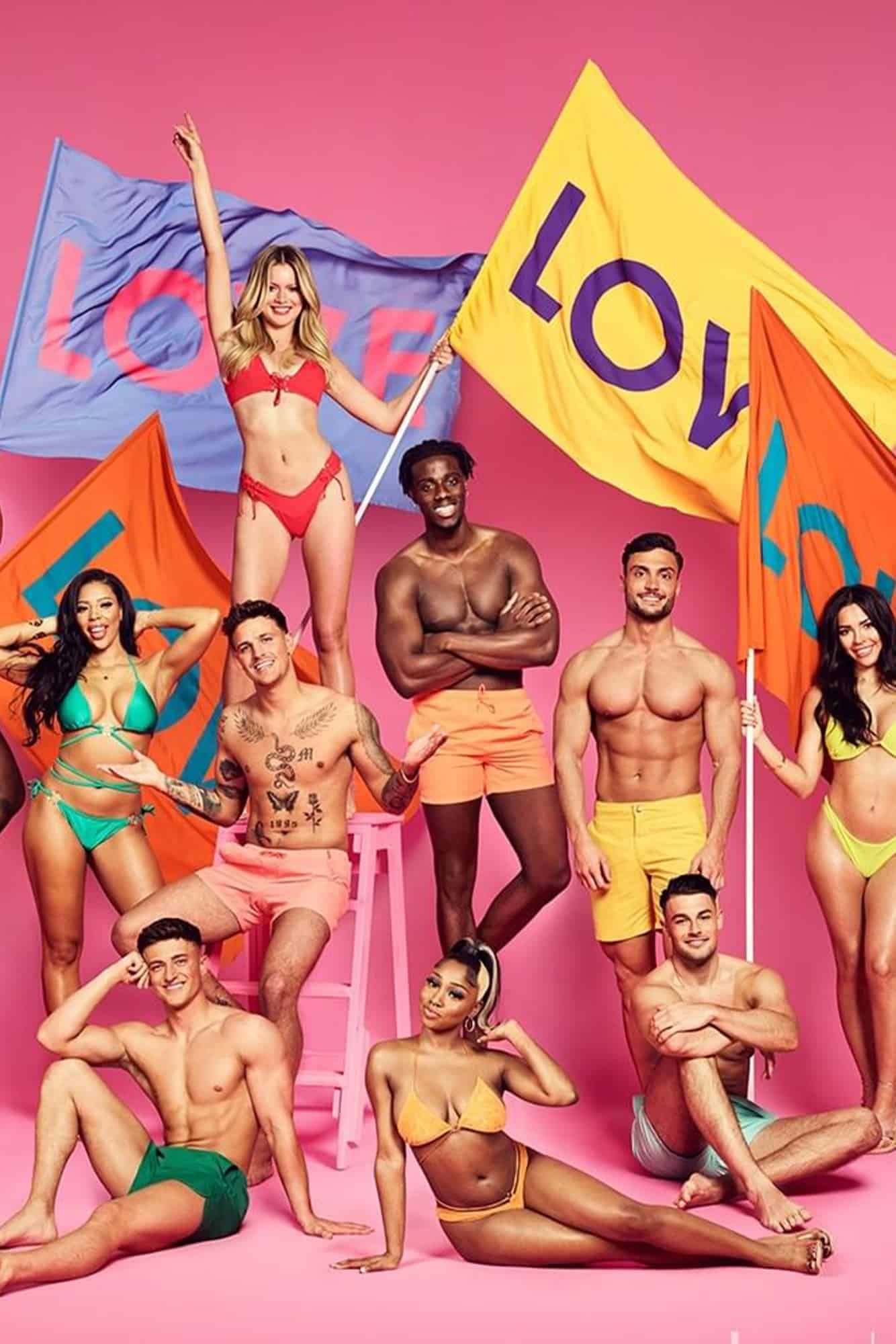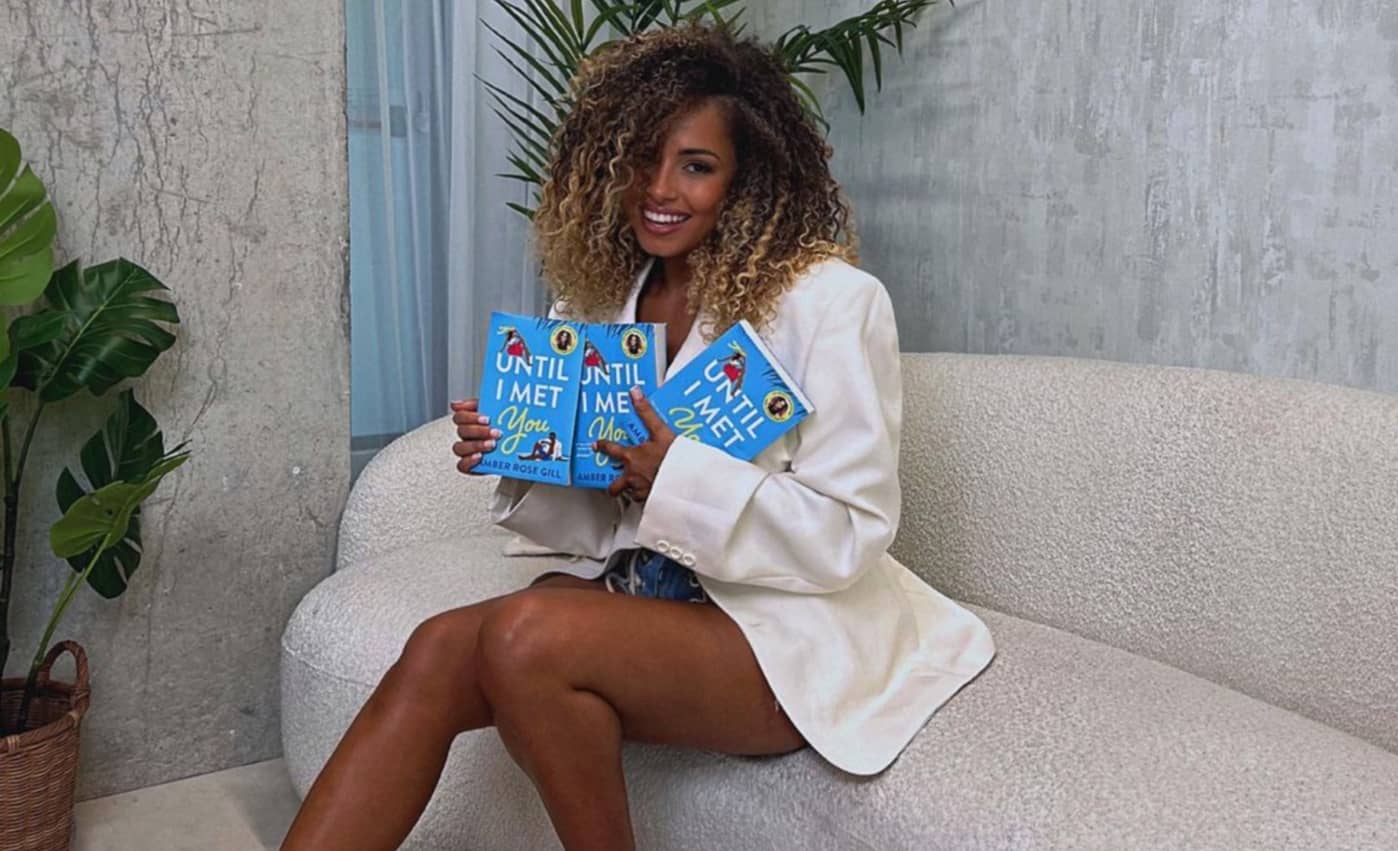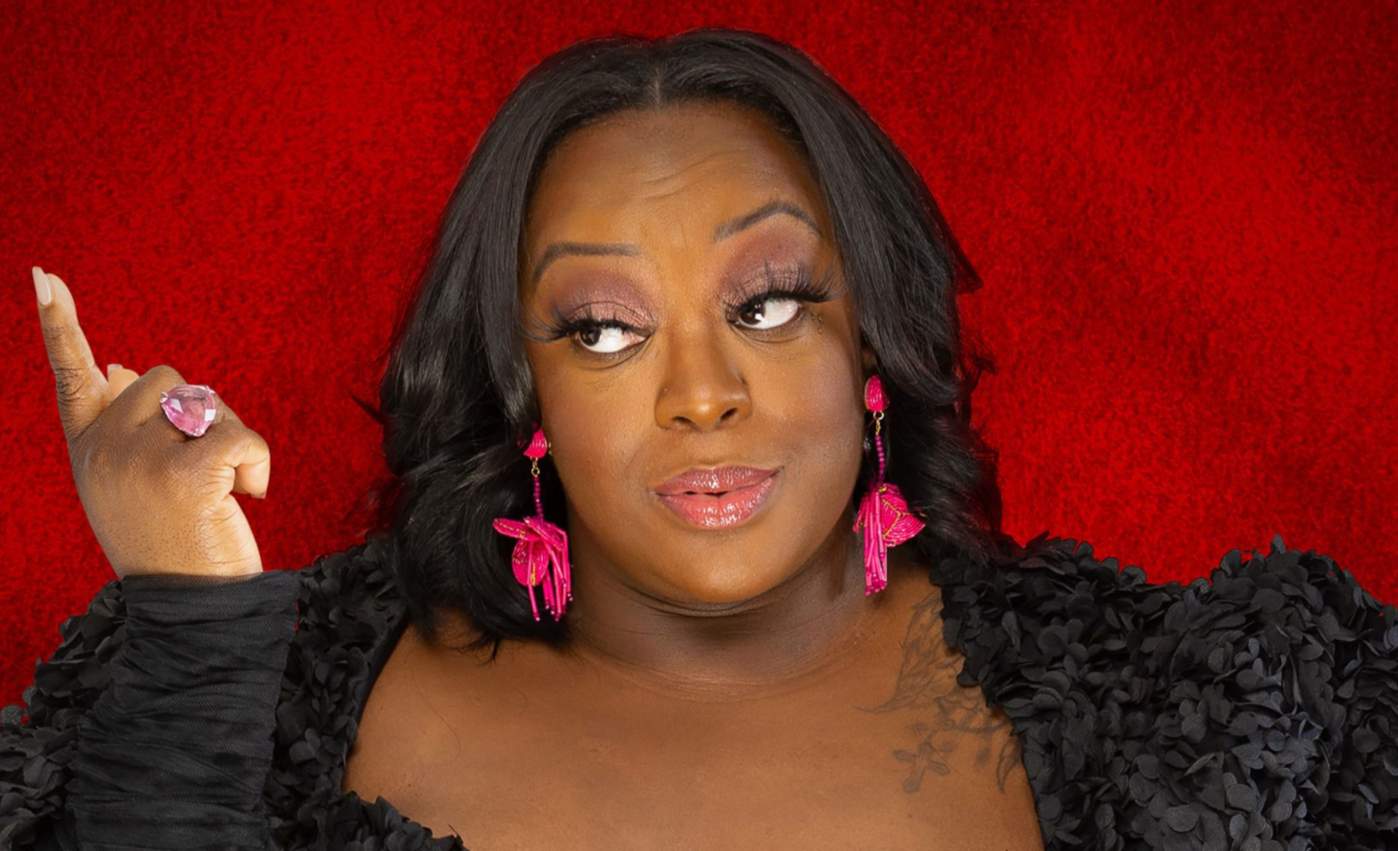ITV’s latest reality show experiment, a midlife dating show presented by the ever-popular Davina McCall, struck a chord with viewers and addressed the elephant in the room of most entertainment media – why should life, love and intrigue stop at 30?
My Mum, Your Dad sees a carefully cultivated collection of men and women in their 40s and 50s deposited at a countryside estate and left to get to know each other.
It started airing on Monday 11 September and ran every week night at 9pm – other than the finale, which was bumped to 10pm – for two weeks, ending on Friday 22 September, which is when Google searches for the show peaked.
After emotional goodbyes with their children, the twist is revealed: the contestants’ children – aged between 18 and 35 – will be watching their every move and acting as “relationship experts”, determining who gets to know who, and how their dates and workshops run throughout the fortnight. Think Love Island crossed with Big Brother.
There are similarities, naturally, to ITV2’s dating behemoth: do your best to find a romantic suitor from this small pool of straight people; the emphasis on finding a “connection”; leaving the show if said “connection” isn’t found quickly enough for the producers’ liking; the earnest chats about who you’ve got your eye on; picking someone for a date and the drama it brings; “bombshell” contestants turning up at neat intervals to turn people’s heads; even the grander-scale final dates make an appearance in the penultimate episode.
However, there are also some key and obvious differences, even without the family-focused Big Brother-esque twist. There is no prize money and no winner – success is determined purely on their children’s blessing or lack thereof – and no voting, with the entire show pre-recorded. Instead, the hope is decisions will be based purely on actually, genuinely, seeking love.
The midlife edition brings greater hardship and heartbreak
In the past few years, it appears that viewers have become disenchanted with the likes of Love Island and Love Islanders, following criticism about a lack of diversity and copycat contestants combined with reducing viewing figures, especially for the seemingly uninspiring winter series. Something fresher and more inclusive is now needed to pique people’s interest, such as BBC’s success with I Kissed A Boy earlier this year.
And so, almost inevitably, comes one such response – the midlife edition. The same sort of themes cropped up: love triangles, love squares, a kindhearted genuine sort left out in the cold (and fairly bluntly dumped from the show for not having found a “connection” – that word again), rose-tinted glasses causing more than one contestant to choose a shady character and him having his comeuppance, talking about the factors “on the outside” that would complicate their courtship and how they were certain all and any such matters could be overcome.
But in other ways, the show captured a whole new facet of love, romance and complication. The stakes were undoubtedly higher, and the trauma, the baggage, more vast. How to move forward from a marriage of 37 years that ended in tragedy, how to explain and explore your deep-seated trust issues, how to share – on national TV, no less – that you once spent time in prison because of a youthful mistake?
And, how to take into account your family – and, most importantly, your children – when making a decision that will not only change your life, but drastically affect the world in which they live as well?
For Love Islanders, moving closer to, say, London to connect with their beau is a rite of passage and based not just on romantic potential but job opportunities in the big city. For McCall’s crew, reality kicks in – the contestants can’t leave their jobs, their young children, their lives, for just a chance at romance.
So far, the eight who made the My Mum, Your Dad finale have experience mixed fortunes. Martin Makepeace (7.6K followers) and Monique Payneeandy (18.4K followers) didn’t even make it through the finale, much to Monique’s daughter Taiya’s (12.5K followers) relief. Four months after filming completed, Roger Hawes (115K followers) and Janey Smith (90.7K followers) are still together, as are Sharon Benson (38.6K followers) and Elliott Davidson (37.3K followers), but Natalie Russell (42.2K followers) and Paul Edwards (29K followers) have split, with the distance proving too much. Benson’s daughter, YouTuber Tia Leoni Zanetti (58.4K followers), was the only cast member who had a social following before appearing on the show.
The show was clearly aimed at a more mature audience – showcased by the soundtrack, if nothing else – so the response on social was always likely to be more muted. Even so, across two hashtags, the show has more than 50M TikTok views and prompted 1,500 Instagram posts. As with most TV shows, the conversation sparkled more on X (formerly Twitter) where this sort of engagement data is harder to capture.
An average of 1.5 million tuned in to watch the launch episode, with a peak of 1.7 million. This is on a par with recent Love Island audiences, with 1.5 million watching the most recent series’ finale, an increase from the 1.1 million who watched the final episode of the second winter series in March.
So, what could be next for McCall’s pet project? With the key twist now blown for any future contestants, options seem limited, as with the BBC’s 2022 smash hit The Traitors, where viewers pointed out certain formulas that could be spotted and provide too many hints to future casts.
Similar to The Traitors – which has already been replicated in several other countries, and recently announced a new cast that includes none other than former Love Islander Ekin-Su Cülcüloğlu and former House of Commons speaker John Bercow – McCall has hinted a celebrity edition could be on the way. A celebrity version certainly isn’t always the answer – so often with reality shows, audiences are charmed by the naivety, honesty and relatability of the postman or social worker on their screens and turned off by the more polished and shallow performances of those who feel they have more to lose.
It remains to be seen where the next era of reality and dating shows takes us but one thing’s for sure – it needs to be something spectacularly unique and engaging to make an impact on today’s TV audience.
By Lauren Harris, CORQ editor. Picture credit: Sharon Benson via Instagram




